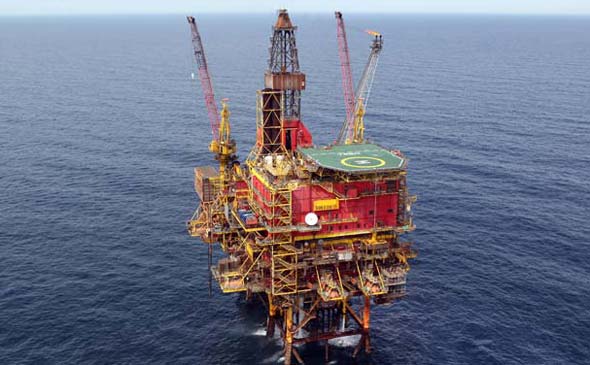
With Serica Energy looking outside of the UK North Sea for M&A deals and Taqa deciding to hold onto its UK assets, what are the implications for the market?
Serica Energy (LON: SQZ) recently explained that the windfall tax announced by the government in May has “added complexity” to the UK landscape. While Taqa spent more than a year deliberating over selling UK assets before deciding against the idea in the wake of surging oil and gas prices following Russia’s attack on Ukraine.
How has oil price volatility and windfall tax impacted the potential for M&A deals in the UK?
Director at Gneiss Energy Craig Stevens said: “The oil & gas industry is inherently cyclical, there is always some level of volatility and in the UKCS, in particular, fiscal tinkering has always been a thing.
“Therefore, most protagonists would have already factored these elements into their M&A appetite considerations.
“In the short- to medium-term though, it may mean that sellers can expedite divestment programmes while buyers increase scrutiny on investment hurdles amid the push to expand their portfolios.”
Senior Analyst for Westwood Energy Yvonne Telford answered: “Commodity price volatility can lead to delays in agreeing terms of M&A deals, as the gap between buyer and seller value expectations can be wider.
“That said, the longer prices remain high, more companies are likely to have available cash for M&A activities, which can expand the buyer pool.
“The UK has a high number of opportunities on the market, but a limited buyer pool. On the sellers’ side, high prices provide an opportune time to divest non-core assets.
“The EP Levy has impacted investor sentiment, but overall companies seem to be taking stock of the implications of the Levy and the potential advantages of the Levy Investment Allowance could bring to some acquisition opportunities.
“There are a high number of pre-development assets on the market, where companies are requiring farm-out partners to fund or partially fund the development.
“The economics of these projects improves within the portfolio of a revenue generating company that can take advantage of the Levy investment allowance.
“The challenge here will be to complete the M&A deal and progress projects quickly within the current timeframe for the Levy.”
Serica Energy looking outside of the UK for M&A deal and Taqa deciding not to sell UK assets after a year of deliberating, what does this mean?
Craig Stevens responded: “With regards companies looking elsewhere, diversification is a nice way of minimising portfolio risk – investment opportunities elsewhere might be more attractive longer term, especially in developing basins.
“Taqa has seen oil and gas boost revenues over the past year, but there may also be a realisation on their part that the current price and fiscal environment in the UKCS might mean their assets are less attractive to potential buyers.”
Yvonne Telford said: “Serica has been evaluating acquisition opportunities within the UK for a few years without success, so it is not surprising that it is widening its net for opportunities.
“Taqa’s UK portfolio is predominantly late life which can prove challenging to divest, particularly now as potential buyers expand their core businesses beyond oil and gas and into renewables.
“Again, therefore not surprising that this sale is not progressing.”
Shares in London-listed Serica Energy are up this month by 4% over the last month £3.01.

 © Supplied by DCT Media
© Supplied by DCT Media